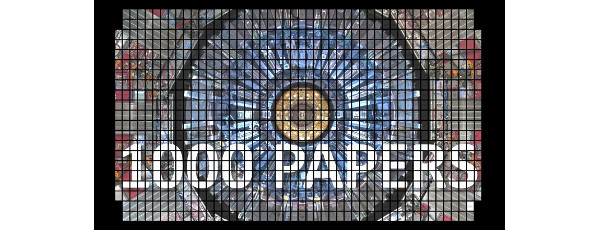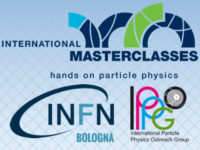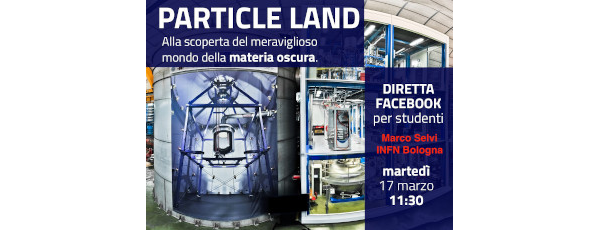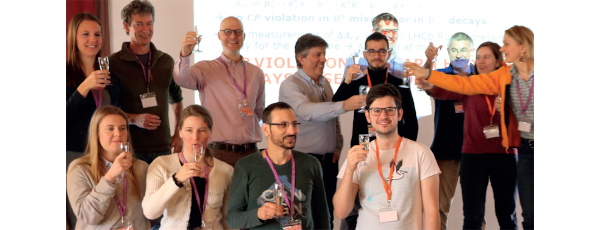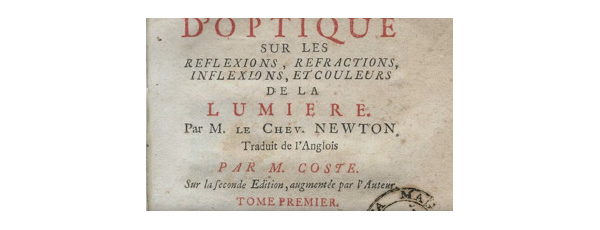On Friday 19 June 2020, researchers from the CMS experiment at the CERN Large Hadron Collider submitted to the journal Physical Review Letters the thousandth scientific article obtained by the Collaboration. CMS is the first experiment in the history of high energy physics to reach this impressive milestone, all the more surprising if one thinks that it was obtained using only a modest fraction of the data that is expected to be produced by the LHC. The accelerator, in fact, will run for another two decades and the data collected should increase by about a factor of 20 when the LHC moves to a new phase called the high luminosity LHC.
“A thousand of very high-quality scientific papers in a decade is an amazing result, a testimony of the rich physics spectrum provided by the LHC data, the versatility of our experiment and the ingenuity and dedication of our collaborators,”, said CMS Collaboration spokesperson Roberto Carlin. A demonstration of how single last generation “multipurpose” experiments are able to obtain a great deal of new results in many different physics sectors, like Higgs boson physics, stringent tests on the predictions of the Standard Model, search for new particles and signals of “non-standard” physics, heavy quark physics, Quark-Gluon plasma formation. Only a few years ago, they would have required dedicated experiments to be obtained.
In the thousandth article, the CMS Collaboration reports the first experimental observation of events containing three weak vector bosons, ie of the WWW, ZWW, WZZ and ZZZ type. These are very rare events, but essential to test the validity of the Standard Model, which requires them. The statistical significance of the signal relating to the combined production of three weak bosons is 5.7 standard deviations and the corresponding measured cross section is in excellent agreement with the theoretical prediction.
For more informations
https://cms.cern/news/cms-collaboration-celebrates-1000th-paper?fbclid=IwAR1z1eCGe2P01vJ4nFTMku6OlQsbORT7JpZ7K-hbY7nHkWG1B0cBJB6J7DI


